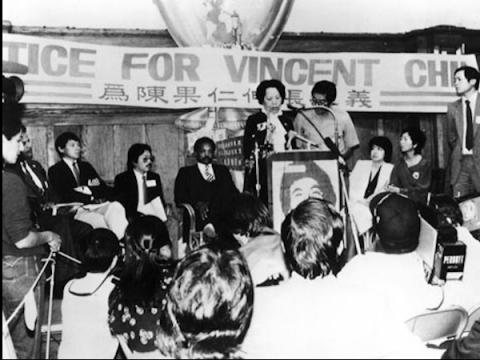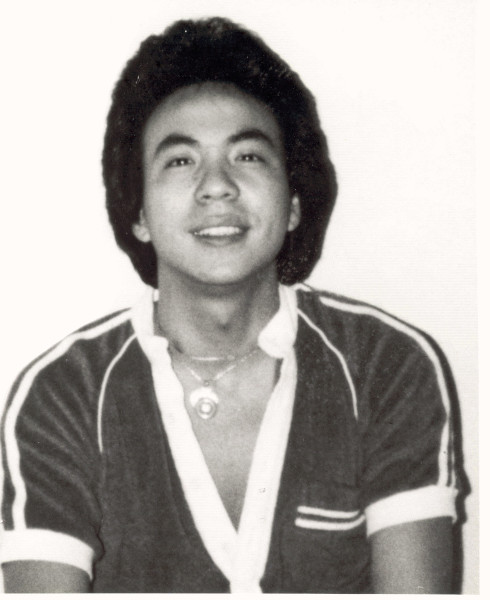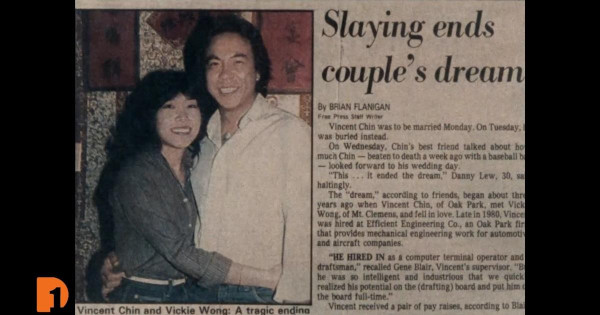‘Who Killed Vincent Chin?’ Explores a Murder Case Steeped in Injustice

In 1982, Chinese-American Vincent Chin was beaten to near death with a baseball by Ronald Ebens in Detroit. The crime was witnessed by multiple people and Chin was braindead for a few days before dying in a hospital. Despite witnesses and evidence, Ebens and his son-in-law Michael Nitz, who helped him beat Chin, didn’t face a single day in prison. The case, its context and the aftermath were covered in the 1987 documentary “Who Killed Vincent Chin?” which has been recently re-released.
One of the most important aspects of the story is the context in which the attack happened. In the early 1980s, Detroit went from the automotive capital of the world to a place where unemployment was rampant. The increased competition from import cars was the catalyst for the U.S. and local governments to use the Japanese and other foreign manufacturers as a scapegoat. This led to an increase in anti-Asian-American sentiment in Detroit specifically, which American workers blamed others for their jobs disappearing.

The documentary does a good job of setting the scene. If one were to look at the case details on paper, it would look like a random act of violence caused by unchecked rage. The initial case’s ruling drew a lot of outrage from Asian-Americans and activists across the country and beyond. It appeared as though the judge was trying to sweep it under the rug since key witnesses and even the police officers who were at the scene weren’t present for the trial and weren’t even aware it happened until after the verdict.
The documentary deftly covers both sides of the story with interviews. Vincent’s mother, Lily Chin, talks about her fight to make sure her son’s killers saw justice, and it’s heartbreaking to watch.

Even Ronald Ebens is given ample screen time to talk about his feelings about the case. In his mind, he doesn’t believe that what he did was murder and continually asserts that Chin’s race had nothing to do with it, despite witnesses saying otherwise.
I didn’t know anything about this case prior to watching the documentary, which is strange because it seems thid would be a landmark case for social injustice and the failure of the criminal justice system. When so many people thought it would be impossible for Ebens to escape a murder charge, it happened anyway, and seeing the full story is worth it, even if it is heartbreaking and frustrating.
Author Bio:
Ulises Duenas is a contributing writer at Highbrow Magazine.
For Highbrow Magazine































































































































































































































































































































